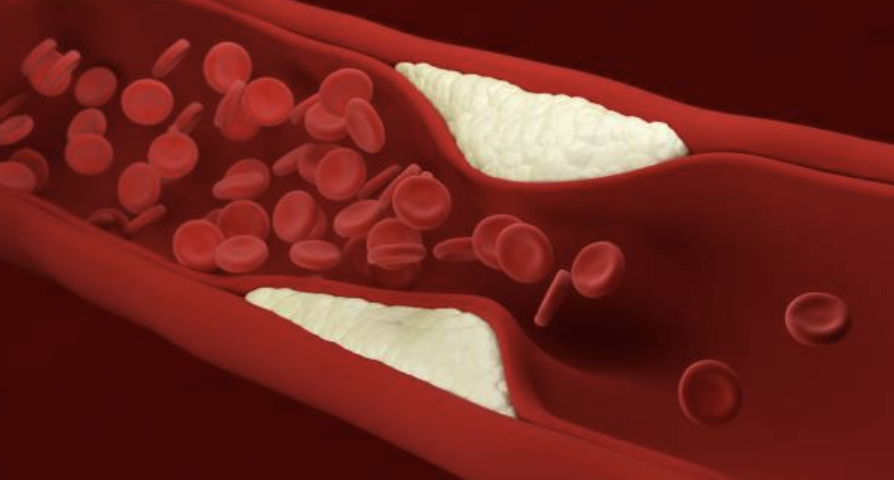Plant-based burgers are everywhere these days — from grocery store freezers to fast food drive-thrus. The rise in popularity exploded after Beyond Meat went public in 2019, and now meatless options are part of mainstream menus.
From an environmental perspective, the benefits are clear. But when it comes to human health and nutrition, the answer isn’t as simple as “plant-based is healthier.” Let’s look at the good, bad, and ugly — with a focus on what the science actually says.
The Good: Environmental Wins and Increased Options
The environmental impact of swapping beef for a plant-based burger is significant.
- A University of Michigan life-cycle analysis found that a Beyond Burger generates 90% less greenhouse gas emissions, requires 46% less energy, has 99% less impact on water scarcity, and uses 93% less land than a quarter-pound beef patty.
- According to the Environmental Working Group, producing 2.2 lbs (1 kg) of beef generates about 59.6 lbs of CO₂e emissions — more than twice that of pork, almost four times that of chicken, and over 13 times that of plant proteins like beans, lentils, and tofu.
Beyond environmental gains, these products are helping meat-eaters reduce their beef consumption. Impossible and Beyond have created a taste and texture close enough to beef that even non-vegetarians are choosing them. This means more options for people who avoid meat for ethical, religious, or cultural reasons — and for those who want to cut down on red meat for health or sustainability.
The Bad: Ultra-Processed and Nutritionally Different
Here’s where the nuance comes in. While plant-based burgers can help the planet, they aren’t necessarily a nutritional upgrade over beef.
- Processing: Beyond Meat contains 18 ingredients; Impossible has 21. Both use protein isolates (pea for Beyond, soy for Impossible), added oils, flavorings, and stabilizers. These classify them as ultra-processed foods under the NOVA food classification.
- Nutrients:
- Protein: Comparable in amount to beef, but plant proteins generally have slightly lower digestibility and a different amino acid profile.
- Vitamins & minerals: Grass-fed beef naturally contains vitamin B12, heme iron (more bioavailable than plant iron), zinc, creatine, and omega-3 fats (from pasture feeding). Impossible Burger is fortified with B12, zinc, and iron to match or exceed beef in these nutrients, but Beyond is not.
- Fats: Plant-based burgers often use plant-based oils in the burgers, so we would assume they'd at least be lower in satruated fat. However, the amount of saturated fat insn’t much lower and is sometimes higher than a lean beef burger. This is due to the use of coconut oil in the Impossible Burger.
- Sodium: Like most ultra processed foods, the sodium content in the plant burgers is much higher. About 1.5 x that of a beef burger.
The Ugly: Marketing Confusion
A common misconception is that “plant-based” automatically equals “healthy.” That’s not always the case.
- Some marketing suggests these products are wholesome whole-food alternatives, when in reality they’re more like plant-based versions of processed meat — fine as an occasional choice, but not a nutritional superfood.
- For comparison, a home-made black bean burger made from beans, vegetables, and whole grains will have more fiber, fewer additives, and less sodium than most store-bought plant-based meat alternatives.
The Bottom Line
If your goal is to reduce environmental impact, both Beyond Meat and Impossible Burger are excellent choices over conventional beef. If your goal is optimal nutrition, they’re best enjoyed occasionally — just like processed meats — and balanced with plenty of whole plant proteins like beans, lentils, tofu, tempeh, and nuts.
When reading labels, focus on:
- Protein source (pea vs. soy, and whether it’s fortified)
- Fat content (especially saturated fat)
- Sodium (often higher than beef)
Key takeaway: Plant-based burgers can be part of a healthy, sustainable diet — but they’re not automatically healthier than beef. For the best of both worlds, enjoy them alongside minimally processed plant foods.
💡 Looking for a healthier alternative? Try this simple black bean burger recipe. If you’re vegan, swap the egg for 2 tablespoons of ground flax mixed with water.
Disclaimer: This article is for informational purposes only and is not medical advice. Consult with a healthcare provider before making significant changes to your caffeine consumption, especially if you have underlying health conditions.
Looking for help on your health and wellness journey? Let’s Chat!









